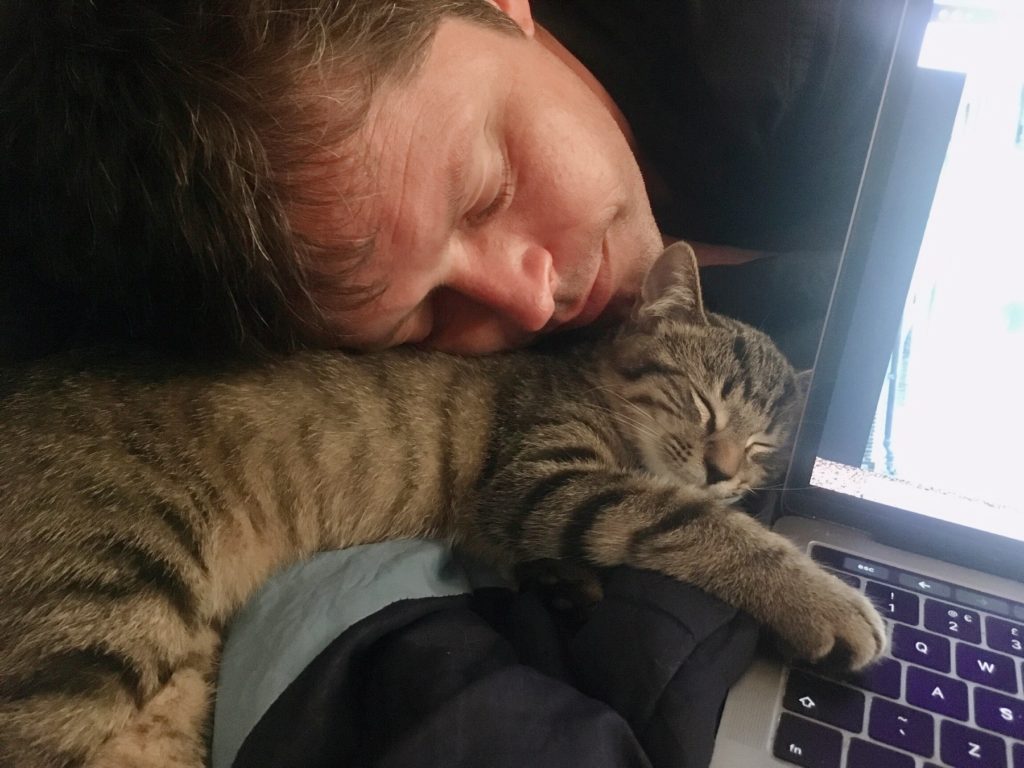Hi friends,
I forget to sleep sometimes. Like, two nights ago, I intended to sleep at midnight, and then it was 4am, and I had to take my son to school at 7am, so I slept for a couple of hours, and now it’s two days later and I’m a bit of a mess because I’m not 22 anymore, and my body doesn’t appreciate this blatant misuse.
BUT! I am deep into the editing of my latest (third) novel, and I have some editing tips to share that I think you might find useful for your own editing:

1. If you can, set the book aside for a few weeks before you start the edit
I have always resisted this because I like to jump in and get things finished, but this time, life got busy and it just turned out that I left the book too long and six months passed between finishing it and coming back to look at it. This has been a blessing because I’m so detached from the writing now that I can look at it with precision and clarity. I can really see what’s working (and pat myself on the back for it) and what’s not (and fix it without the drama.)
2. Do the high-level editing and work your way down
It is a huge time-waster to edit for grammar and spelling, and proofread scenes that you then have to take out. If you’ve polished the first chapter to perfection, then find towards the end that the last quarter of the book isn’t working and that changing it will mean changing the first chapter, you’re going to be going around in circles and re-doing a lot of that work. I’m tired just thinking about it. So, start with the main things: Do the characters have growth? Does the plot work? Is there a story arc with ups and downs? Is there a beginning, middle, and end? You get my drift. Read through the entire thing and make the big changes. Edit for story first, then work your way towards the language.
3. Track your editing word count for motivation
A bunch of us in Bookish Pursuits are editing our novels right now. Some of us went through the process of writing them together as well. We had a daily word count spreadsheet and we were high-fiving each other for milestones crossed, adding up our totals for the week and month, and having little competitions to see who had the best word count for the day. And then we started editing, and all that energy fizzled away. I’m suggesting that we track our editing word counts and it seems to be working. Instead of tracking how much we wrote, we’re tracking how many chapters we edited. I’m also tracking word count. Just like with the first draft, being able to see that I’ve edited 7,000 words and have 65,000 to go is motivating. And because this is editing and not writing, it’s happening a lot faster as well!
One of the things I learned during the writing of my second novel was the idea of writing in passes. The first draft is to make it exist, the second draft is to help it make sense, and then, the final draft is to make it look pretty. If you do the first two well, then the third becomes easy.
I’m thanking 2020 Tash for having put in the time and energy to do the first two stages well. Now, it feels easy.
So, that’s how I edit. I hope this helps you, too.
Thanks for reading. I forget to say it sometimes, but I really appreciate your being here and for continuing to support my work.
Cheers,
Natasha